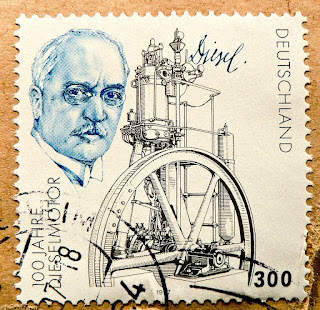Yukon Heritage Day brings the history and culture of the smallest of Canada’s three territories to the forefront of public attention, on the Friday before the last Sunday in February. Schools and Yukon government offices close, while business owners have the option of giving employees time off.
The day is designed to coincide with The Yukon Sourdough Rendezvous, a festival in Yukon’s capital, Whitehorse. The event specifically revolves around the Yukon Gold Rush period of the 1890’s, featuring a “Queen” contest, sled dog races, air shows, and snow sculpture contests.

.jpg)


.jpeg)








